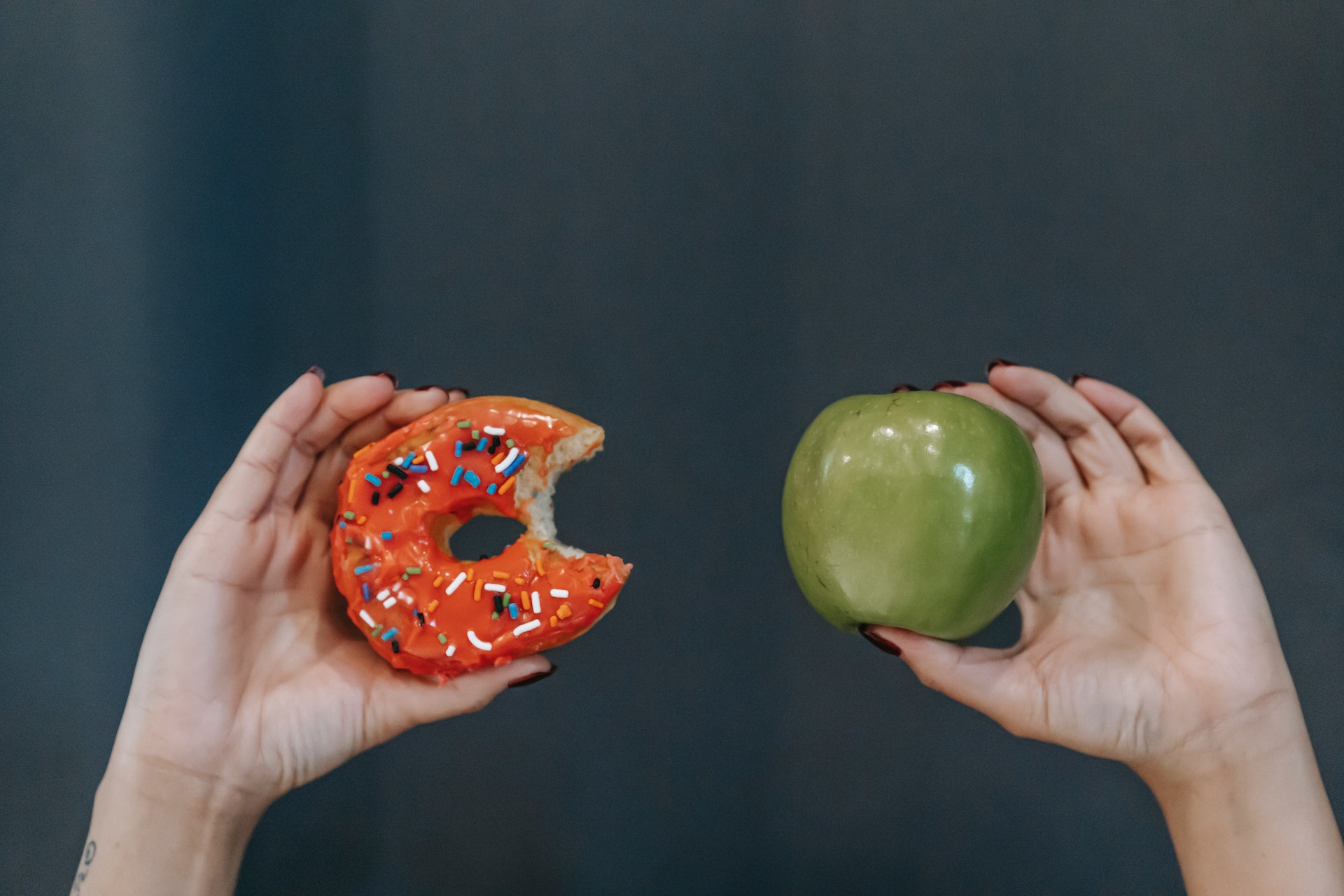In today’s world, there is no shortage of information on what constitutes the “ideal diet.” From low-carb diets to plant-based diets, there are a plethora of options available for those looking to improve their health and wellness through their diet. However, despite the abundance of dietary approaches out there, the truth is that the ideal diet isn’t any one particular kind of diet. Rather, it’s one that you can stick to consistently over the long term.
The ideal diet is one you can stick to consistenty over the long term.
Consistency is key in any healthy habit, and the same is true for your diet. If you’re constantly bouncing between different fad diets, trying to find the one that will magically transform your body overnight, you’re unlikely to see sustainable results. Instead, the ideal diet is one that you can stick to consistently, day in and day out, for months and even years at a time.
Of course, that’s easier said than done. After all, life is unpredictable. Many factors can impact your ability to stick to a specific dietary plan. That’s why it’s important to choose a diet that is adaptable, flexible, and can be modified to suit your needs as circumstances change.
For example, if you’re traveling or eating out with friends, you may not be able to follow your usual meal plan. In situations like these, it’s helpful to have a general sense of what foods are healthy and nutritious. This way, you can make informed choices even when you’re not following a specific plan.
Similarly, your dietary needs and preferences may shift over time. You may find that your body responds better to certain foods or that your tastes change as you age. The ideal diet is one that can accommodate these changes without requiring you to alter your eating habits in drastic or unrealistic ways.
So what does this mean in practice? Here are a few key principles to keep in mind when developing your own ideal diet:
Focus on Nutrient-Dense Whole Foods
Regardless of the specifics of your diet, it’s important to prioritize nutrient-dense whole foods such as fruits and vegetables. These foods are packed with vitamins, minerals, and other essential nutrients and are often found in their natural state. Aim to fill your plate with a variety of colorful fruits and vegetables.
Lean proteins, such as chicken, fish, and legumes, are another important component of a nutrient-dense diet. Besides, they’re rich in essential amino acids, which are the building blocks of muscle and other tissues in your body. The healthy fats found in nuts, seeds, and avocados are also important for maintaining optimal health and energy levels.
In contrast, strive to minimize processed and refined foods in your diet. These foods are often stripped of their natural nutrients and packed with added sugars, salt, and other unhealthy ingredients. While they may be convenient or tasty in the short term, they can negatively impact your health over the long term.
Find a Balance that Works for You
When it comes to finding the ideal diet for your needs, there’s no one-size-fits-all approach. Depending on your personal preferences and nutritional needs, you may find that you feel best on a high-carb or low-carb diet, a plant-based diet, or a more balanced approach that includes a variety of food groups.
The key is to experiment with different approaches until you find one that feels sustainable and enjoyable for you. This may involve tracking your macros or calories, trying out different meal plans or recipes, or working with a nutritionist or other healthcare provider to develop a personalized plan.
Be Flexible and Adaptable
One of the biggest challenges in sticking to a healthy diet is the unpredictable nature of life. From travel and social events to changes in your work schedule or family obligations, many factors can impact your ability to follow a strict meal plan.
That’s why it’s important to be flexible and adaptable in your approach to healthy eating. Don’t get hung up on sticking to a specific plan; focus on making healthy choices that work for your current situation. This might mean choosing a salad instead of a burger when eating out or packing healthy snacks to take with you on the go.
Don’t Aim for Perfection
Finally, it’s important to remember that the goal of a healthy diet isn’t to achieve perfection. There will be times when you deviate from your plan, indulge in a favorite treat, or simply don’t have the time or energy to prepare a healthy meal.
The key is to maintain a long-term perspective and to focus on building sustainable healthy habits. Think about seeking support from friends and family and developing strategies for managing stress or emotional eating. Or simply give yourself permission to enjoy life’s pleasures in moderation.
Final Words
Here’s the thing: the ideal diet is one you can stick to consistently over the long term. By employing the strategies suggested here, you can make significant changes in your health and wellness. Remember, healthy eating isn’t about deprivation or restriction. It’s about nourishing your body and enjoying the many delicious and nutritious foods that nature has to offer.

